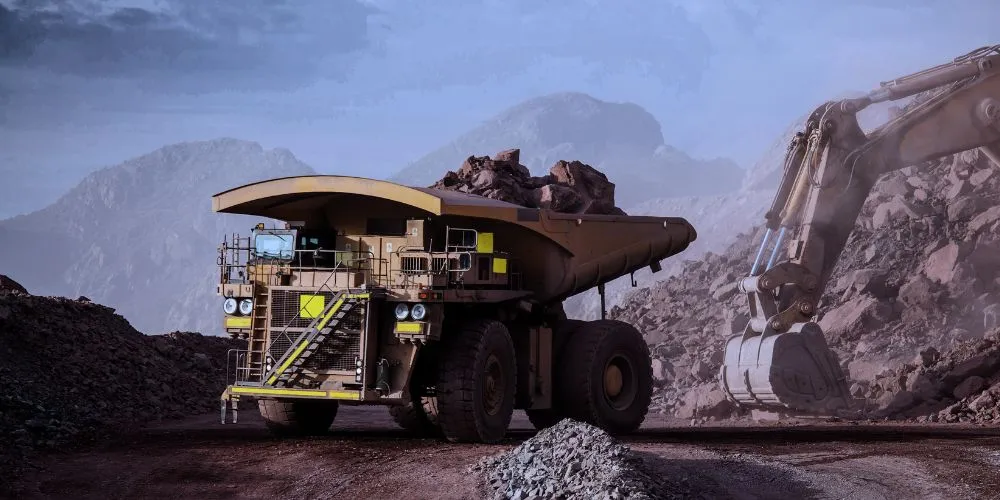Key Points:
- Space mining, once a concept from science fiction, is becoming a reality with technological advancements.
- NASA’s Artemis program includes plans for lunar resource utilization, aiming for sustainable lunar exploration.
- Private companies like SpaceX are expressing interest in mining asteroids for valuable resources.
- Robotics and AI play a crucial role in enabling autonomous spacecraft to navigate and conduct mining operations in space.
Space mining, the concept of extracting valuable resources from asteroids or other celestial bodies, has gained traction in recent years. It is driven by the potential for accessing rare minerals, metals, and even water, which could be used to support future deep-space missions.
One of the key players in this emerging field is NASA, which has been actively exploring the possibility of space mining. The agency’s Artemis program, aimed at returning humans to the moon, includes plans for lunar resource utilization. NASA envisions establishing sustainable lunar exploration by harnessing local resources, such as water ice, which can be converted into rocket fuel.
Private companies are also entering the space mining arena. SpaceX, founded by Elon Musk, has expressed interest in mining asteroids for valuable resources. The company sees mining as crucial in advancing space infrastructure and enabling future interplanetary travel.
Advancements in robotics and artificial intelligence are pivotal in making space mining a reality. Autonomous spacecraft equipped with cutting-edge AI systems can navigate space challenges, identify resource-rich targets, and precisely conduct mining operations. These technologies reduce the need for direct human involvement in the hazardous and remote environment of outer space.
Water, a critical resource for sustaining life and supporting space missions, is a primary target for space mining. The moon, in particular, is believed to have significant water ice deposits at its poles. Extracting and utilizing this water could provide a sustainable fuel source for spacecraft, making long-duration missions, including those to Mars, more feasible.
Despite the exciting prospects of space mining, several challenges lie ahead. The legal and ethical frameworks surrounding extraterrestrial resource extraction are still evolving. International cooperation and agreements are essential to navigate the complex legal landscape of space mining and prevent potential conflicts.
Space mining represents a paradigm shift in the way humanity approaches resource acquisition. As technology continues to advance and space exploration ambitions grow, the prospect of tapping into the vast resources of our solar system is becoming increasingly tangible.





